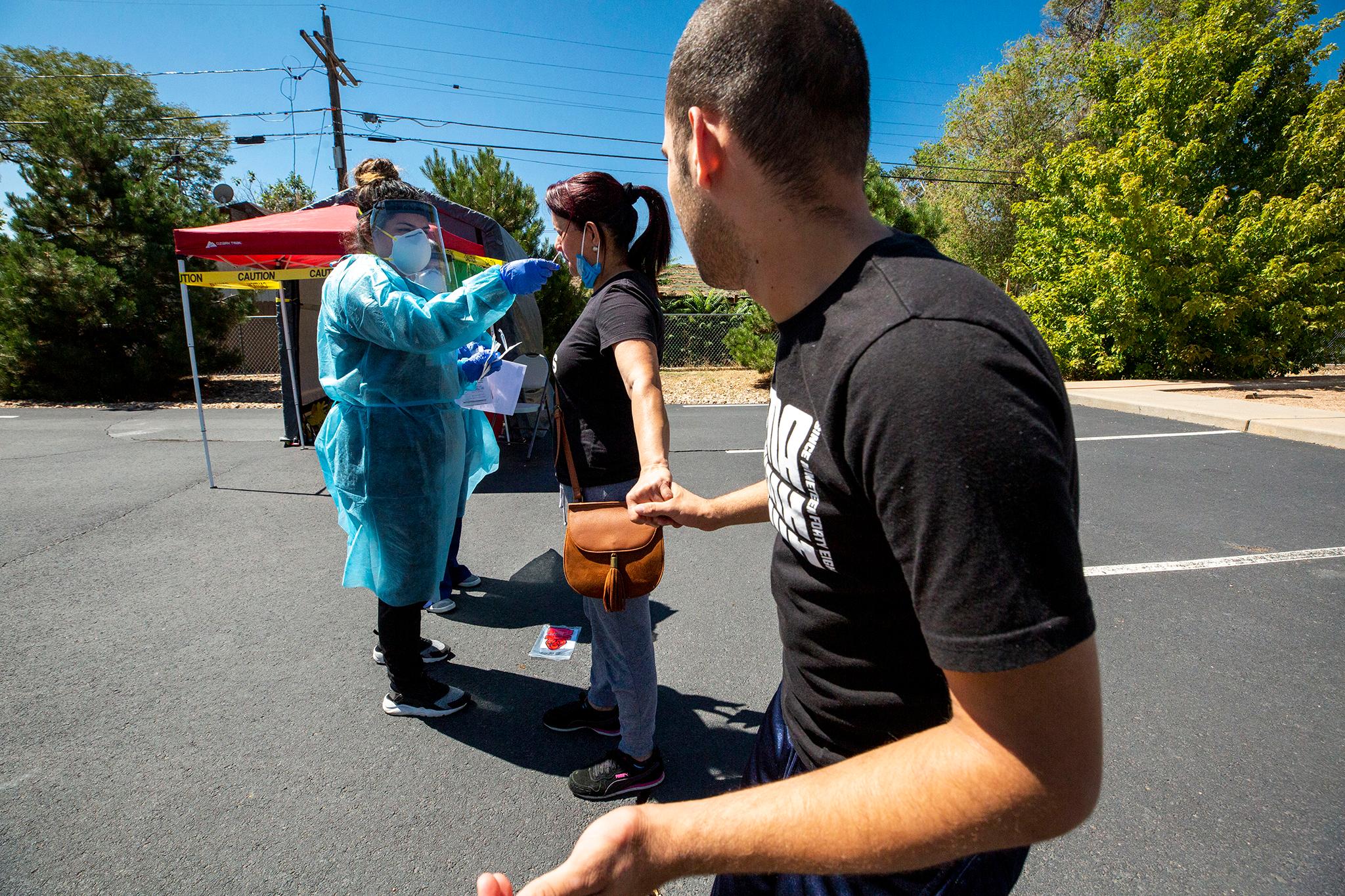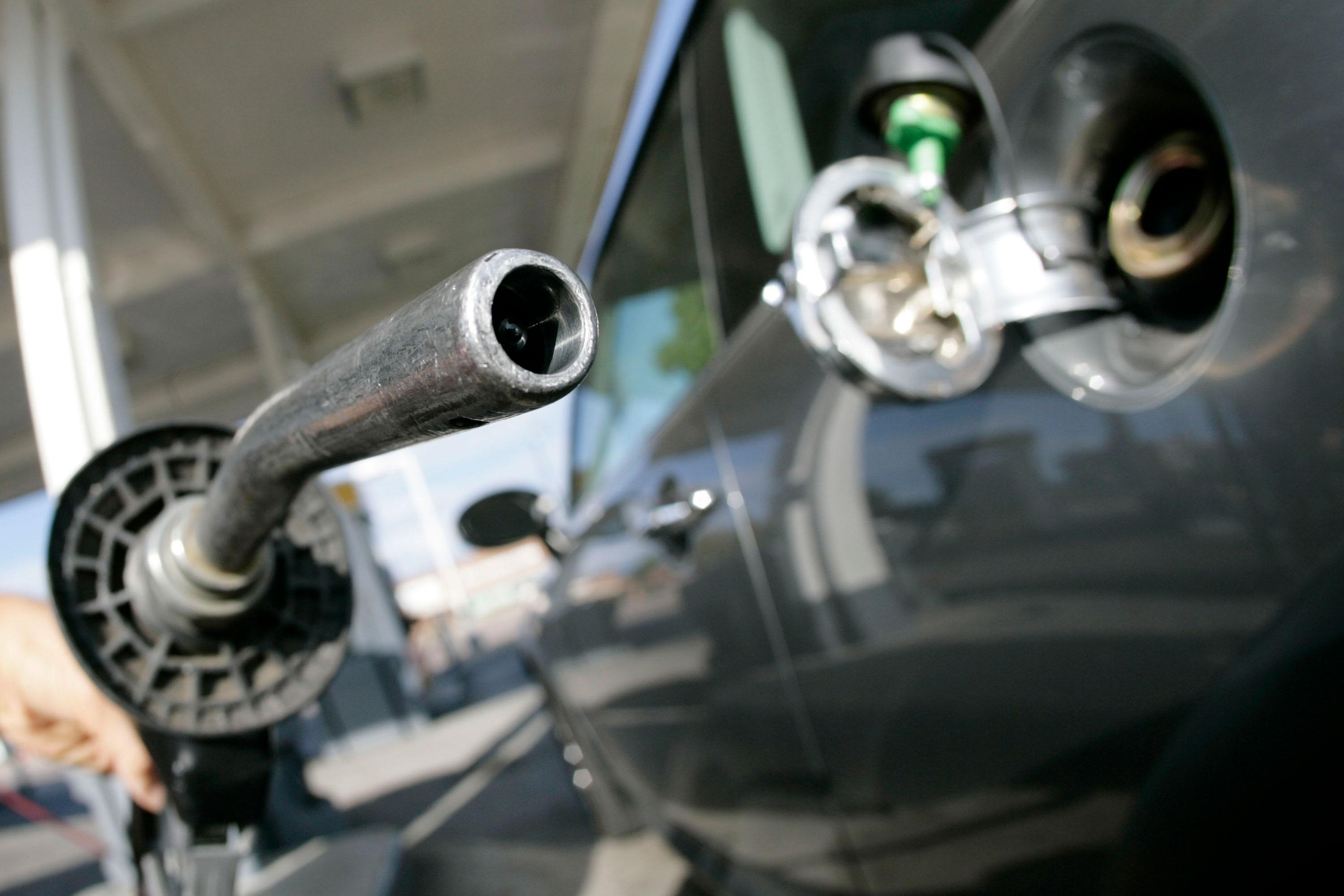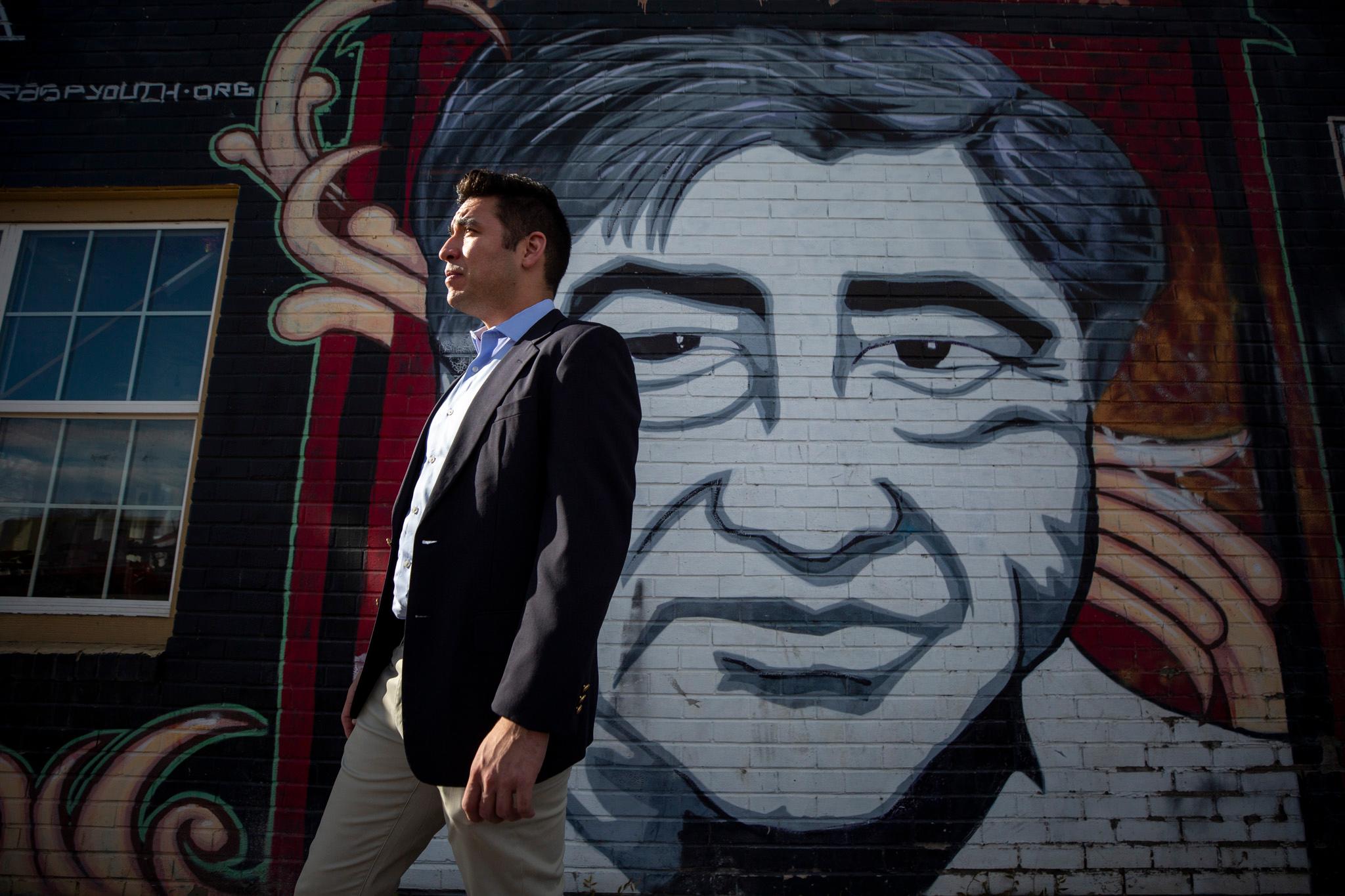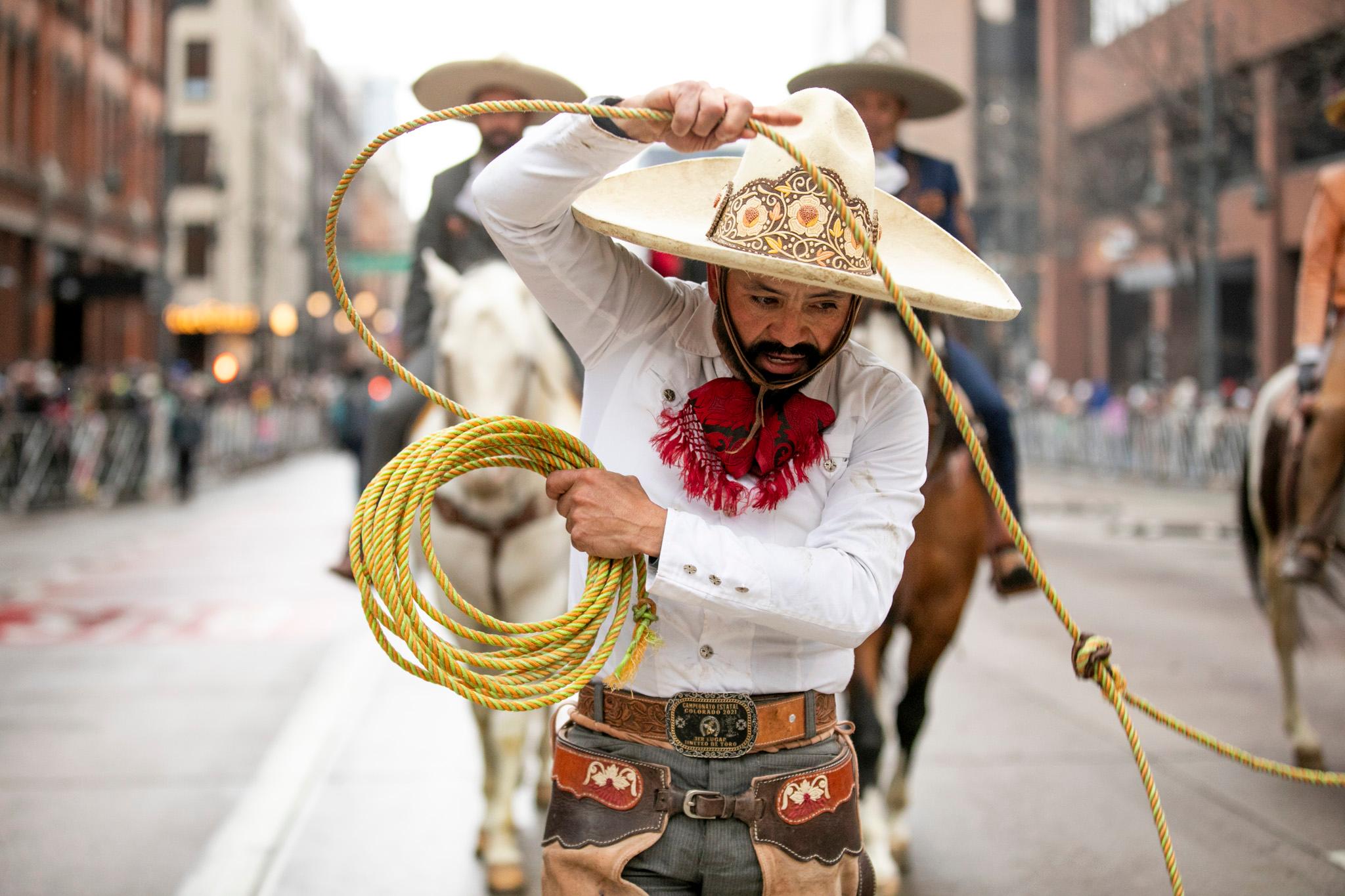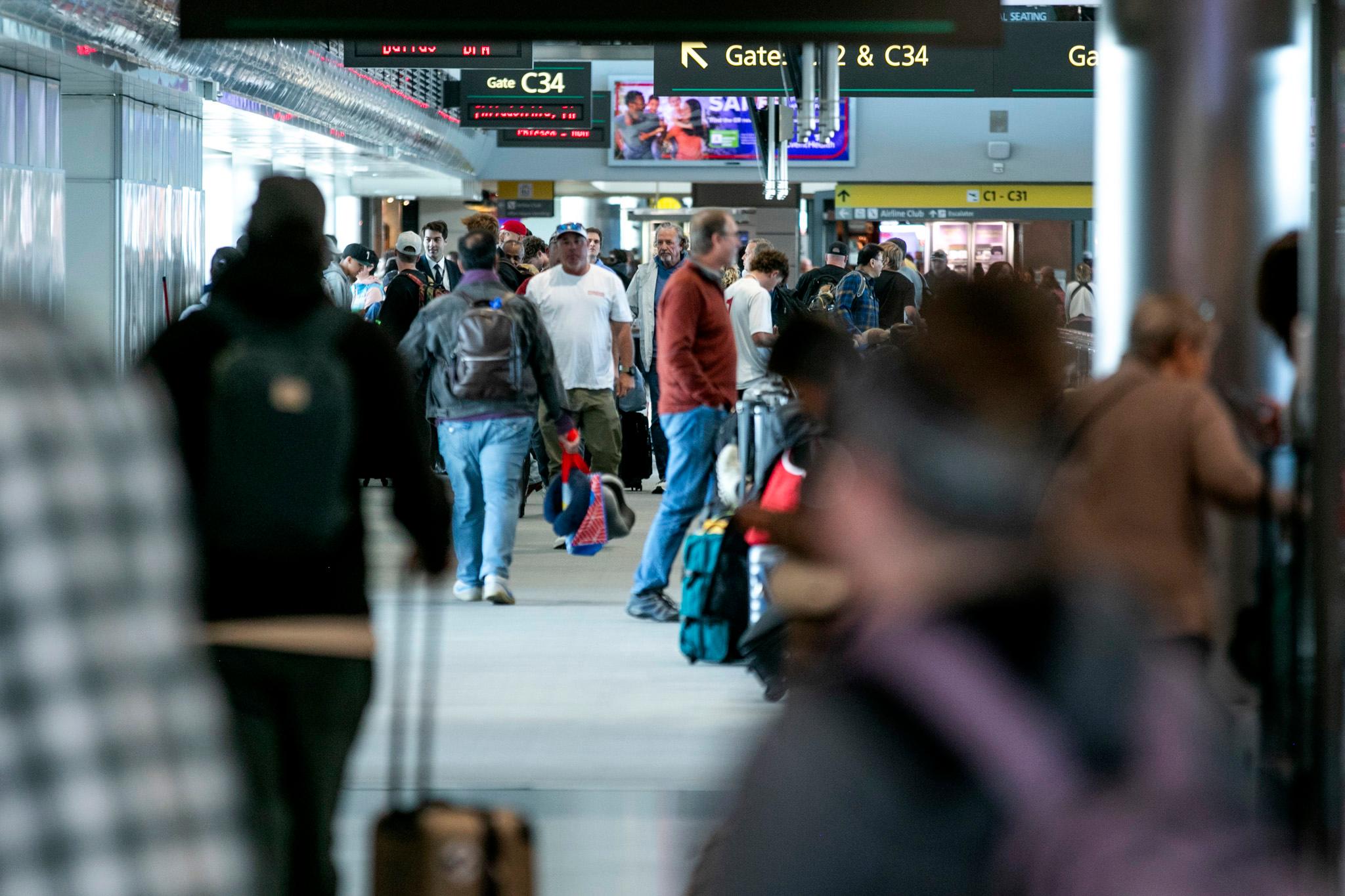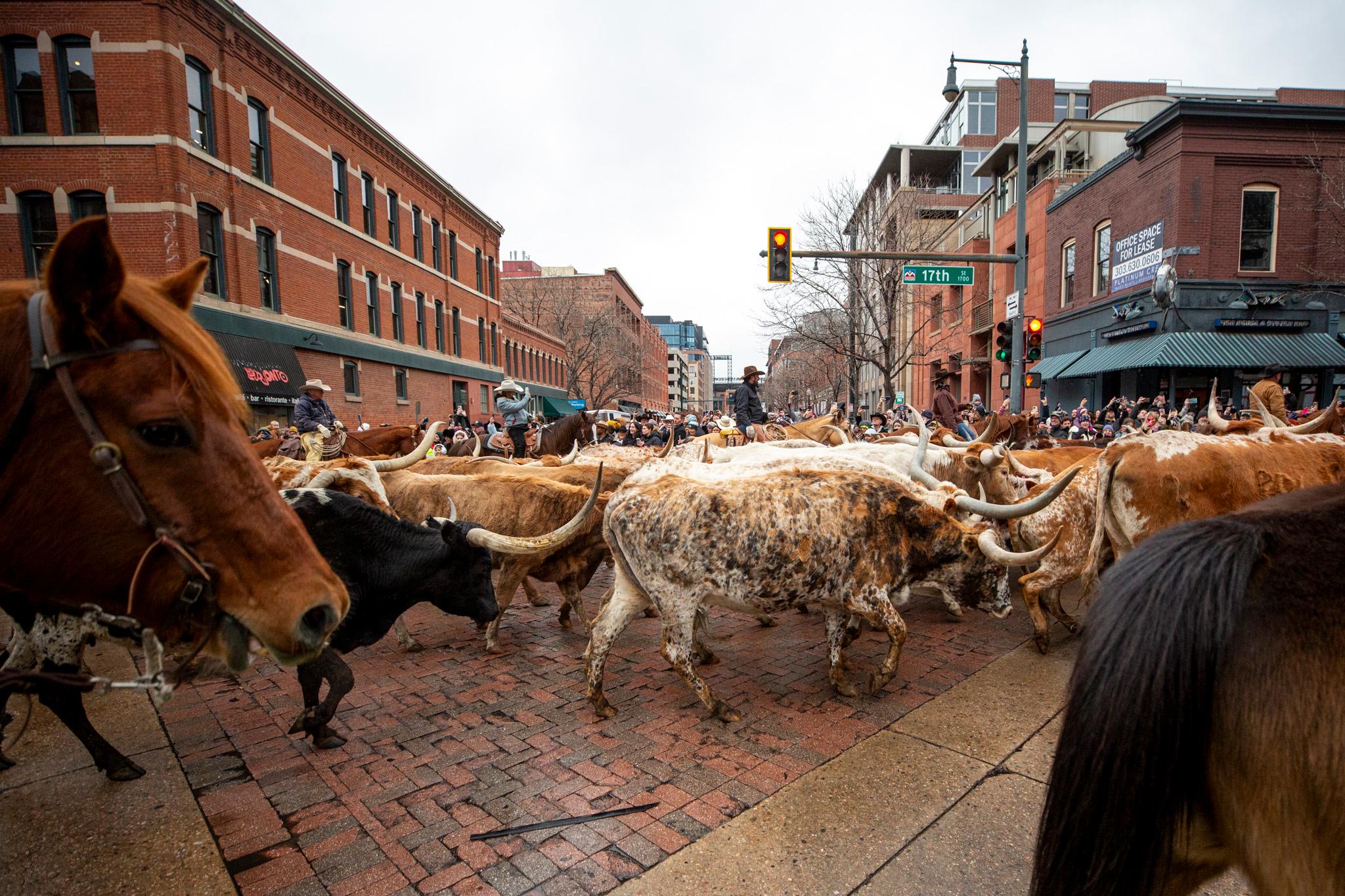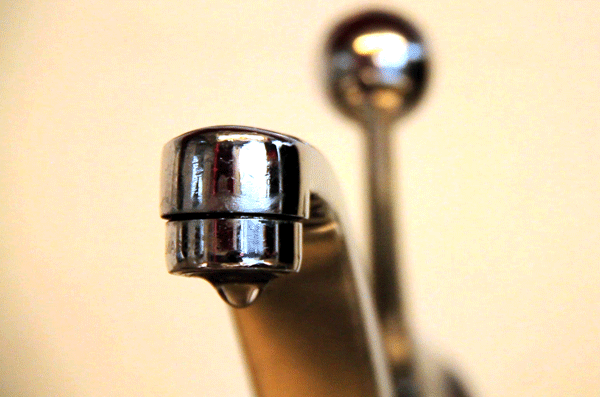Clinics in Denver that primarily serve people of color are having varied experiences when it comes to obtaining and distributing COVID-19 vaccines. Only one clinic that Denverite spoke to has so gotten doses for its patients, and another said it was waiting to get more information from the state about providing doses to its clients.
COVID-19 cases in Denver continue to disproportionally affect people of color, especially Black and Latinos residents. Statewide figures show a similar discrepancy. One of the ways the city has tried to address these discrepancies is by opening free testing sites in historically underserved neighborhoods. But a special focus on these communities may not necessarily factor into the city's developing vaccine plan, said Cali Zimmerman, an emergency management coordinator with the city's public health department. Zimmerman said over email that at some point during the vaccine rollout plan's third phase, which will begin in the summer and will provide vaccinations for the general public, the city may be able provide vaccines specifically in historically underserved communities.
Zimmerman said the city is getting its vaccine allocations from the state. Right now, the state gets to decided where most of the vaccines go, but Zimmerman said that in the future, individual health departments will be able to make that call. She said she did not know when that transition would happen.
Karen Hoffman, a nurse practitioner and primary care director at the Denver Indian Health and Family Services clinic, said her office got its first vaccine dosages, from Pfizer, about two weeks ago from the Indian Health Services, a federal agency. As of Dec. 20, Native Americans make up 0.3 percent of all cases in Denver and comprise 0.4 percent of the city's population.
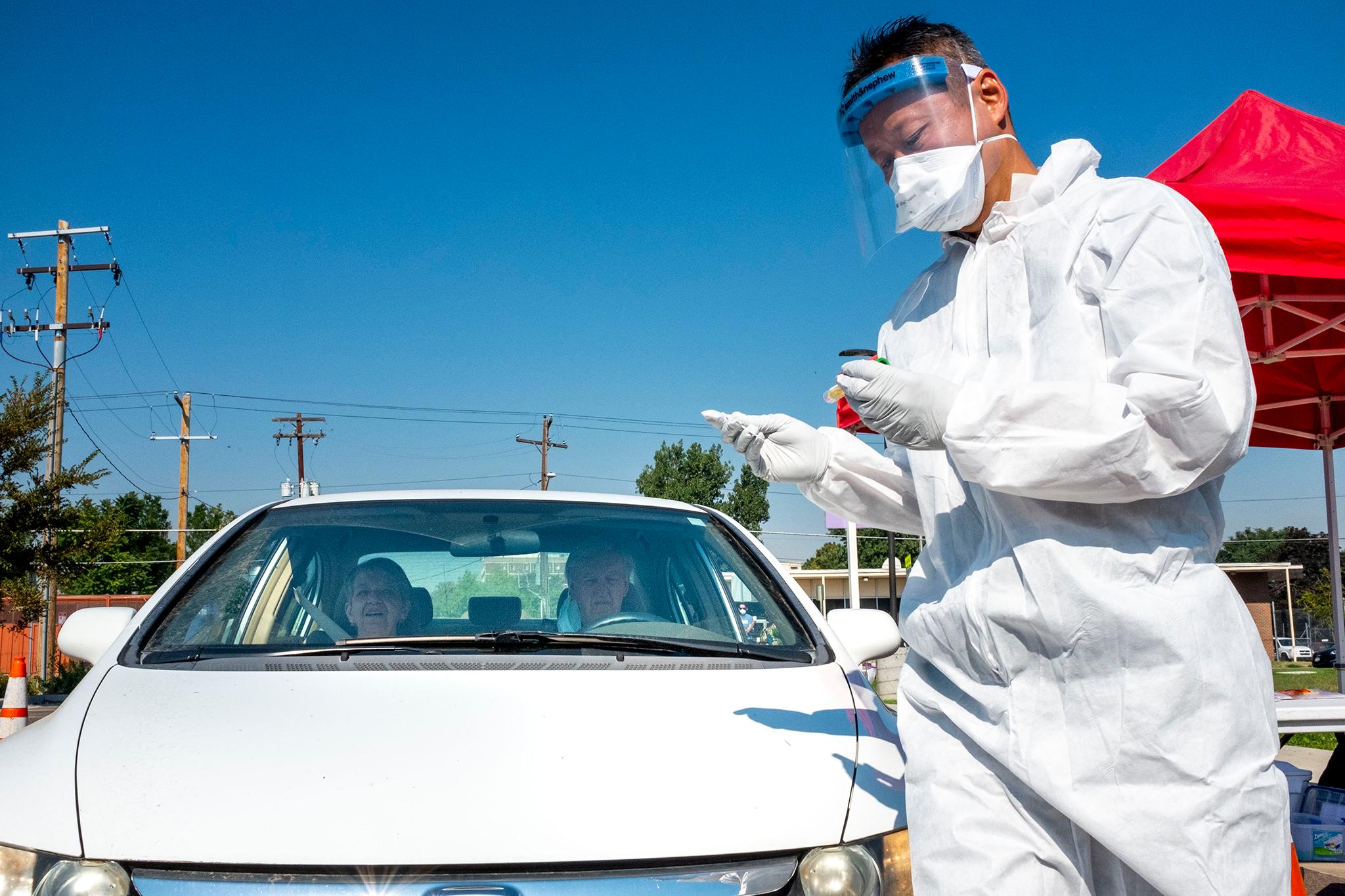
Hoffman said someone from the clinic had to drive to Albuquerque to pick up the vaccines (the clinic is overseen by a regional office in New Mexico). They were given enough to vaccinate a third of their staff. She got her vaccine on Dec. 17.
The clinic will start vaccinating patients this week, with the Moderna vaccine. It's expecting another shipment of these vaccines this week. Because the COVID-19 vaccines are new, anyone who gets one will have to be monitored for a short time afterward. Hoffman said the clinic will prioritize people who are 65 years of age and older. She noted the clinic is still figuring out how many people will get vaccinated during the first round but that the clinic is considering requiring appointments. Hoffman said the clinic has about 2,000 patients.
"We're not a clinic that has 5,000 patients that are going to be vaccinated," Hoffman said, "so, you know, a hundred doses will make a big difference for us. And so we're excited. We're really excited about it."
Clinica Tepeyac CEO Jim Garcia said its entire clinical staff -- 23 people including doctors, nurse practitioners, physicians assistants and medial assistants -- will get the vaccine starting Saturday through a partnership with Denver Health.
Garcia said the clinic, which primarily serves Latinos and immigrant patients in the metro area, will be applying with the state's health department to become a vaccine provider. The state requires vaccine providers to be credentialed or licensed. Garcia said it will likely be several weeks before patients can get a COVID-19 vaccine at its clinic, which is located in Globeville. He said the clinic still needs to figure out logistics, like how to keep vaccines that require ultra-cold storage.
Garcia said there's skepticism among Latinos about the vaccines, including hesitation that existed before the pandemic about providing personal information to a healthcare provider that could jeopardize a person's immigration status.
"From a privacy standpoint, there's that level of concern that's starting to bubble up," Garcia said, adding people have concerns about side effects from the vaccine as well.
He said a survey of Clinica's staff showed about 70 percent are comfortable getting a COVID-19 vaccine. Denver Public Health Director Dr. Bill Burman this month gave a presentation about the vaccine to the staff, which Garcia said gave workers an opportunity to ask questions.
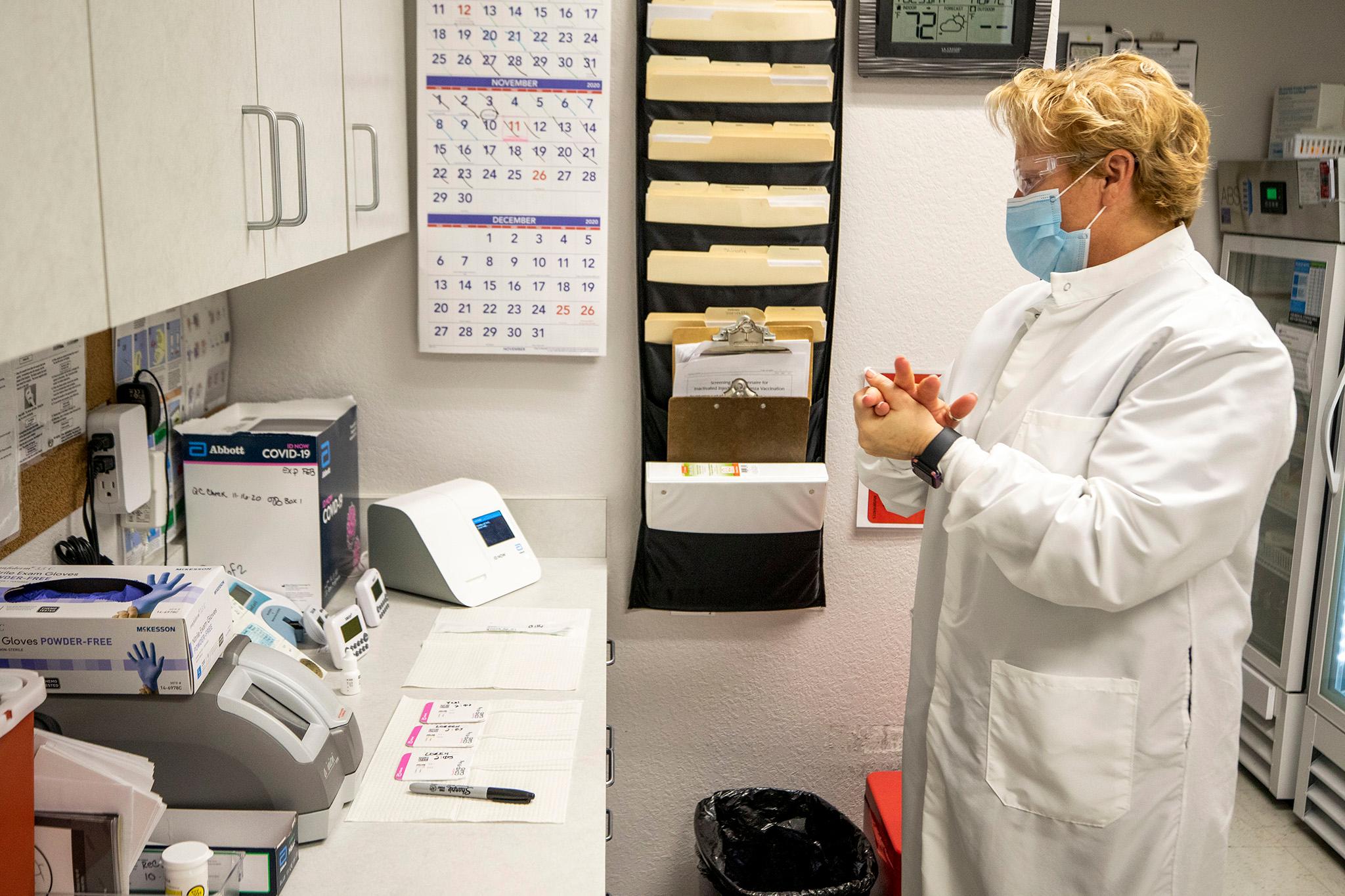
Deidre Johnson, CEO and Executive Director at the The Center for African American Health, said that despite their name, they are not a clinic and won't be providing vaccines. But similarly to Clinica Tepeyac, Johnson said she and her staff will focus on getting vaccine information to the people they serve.
Johnson said that African-American residents as also hesitant about vaccines, due to generations of mistreatment from medical professionals and the federal government.
"I want us to have something that is culturally response to our community," Johnson said, adding that messaging would also target certain age groups.

